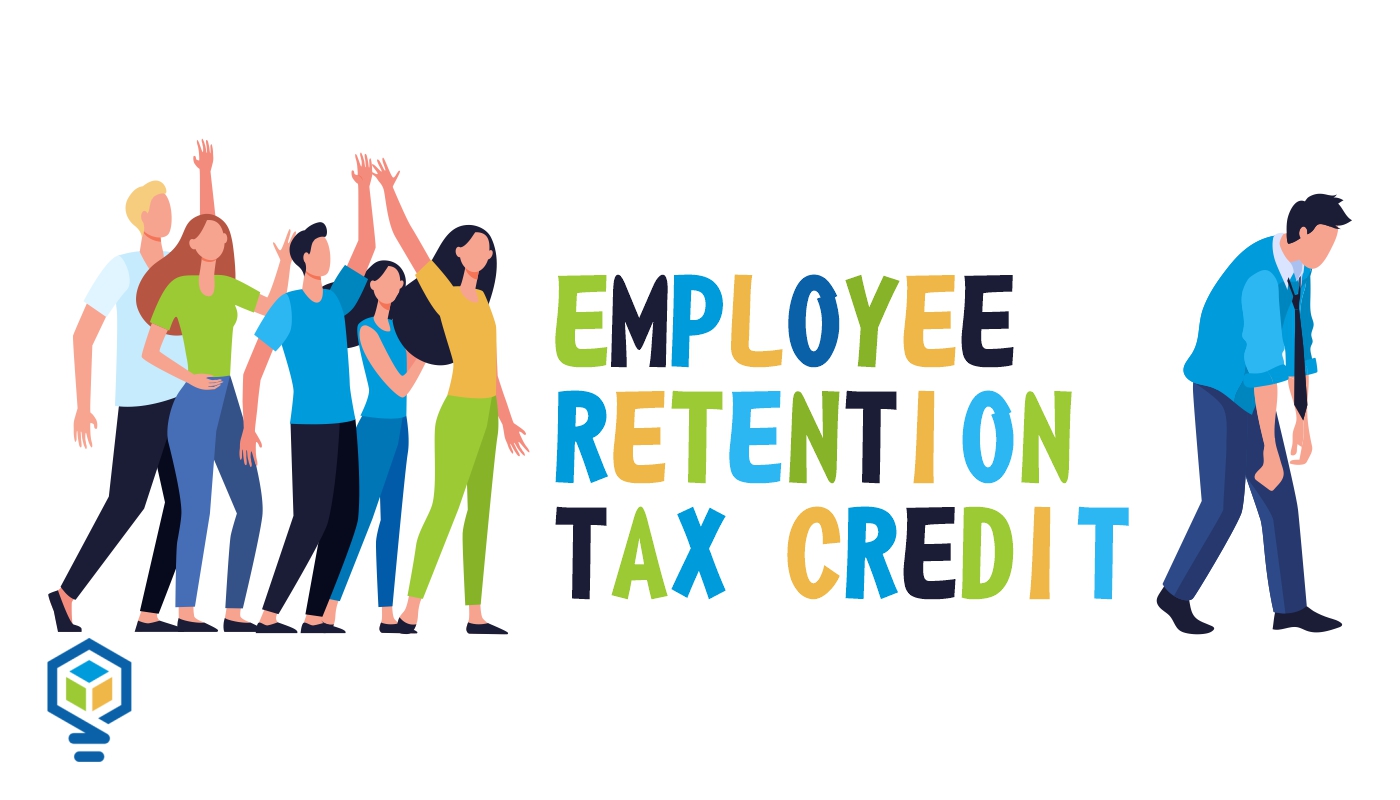
Tackling Taxes On an Inherited HSA
The Health Savings Account (HSA) is a first line of defense tax strategy. Contributions are deductible and earnings are tax-free if used for qualified medical expenses. There are numerous features to the HSA that secure maximum tax benefits. Structured properly, an HSA can provide serious tax-free money to beneficiaries as well as the account holder. Before we review the implications of inheriting an HSA, let’s review some of the powerful features an HSA has that increases the value of the account.








